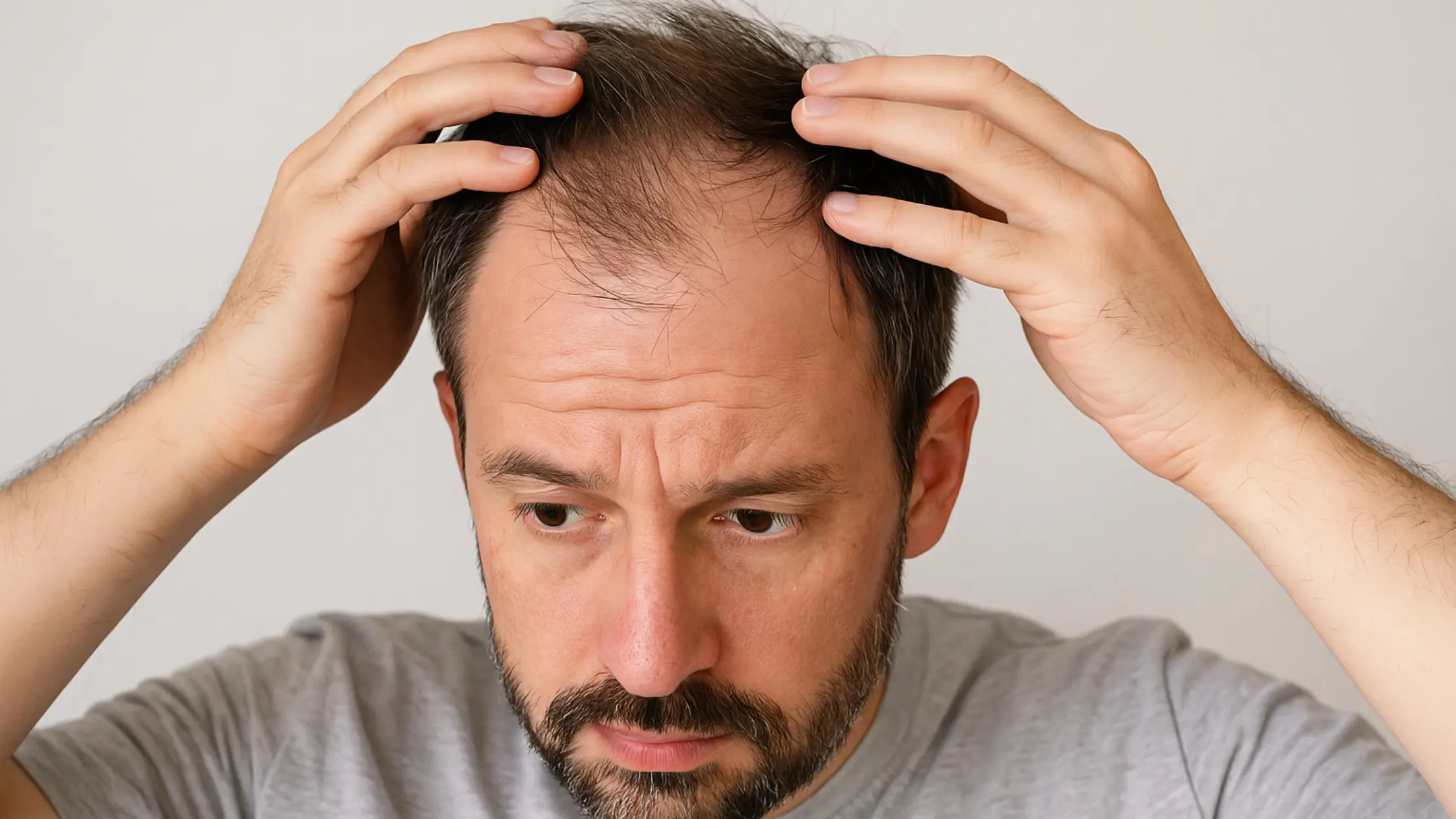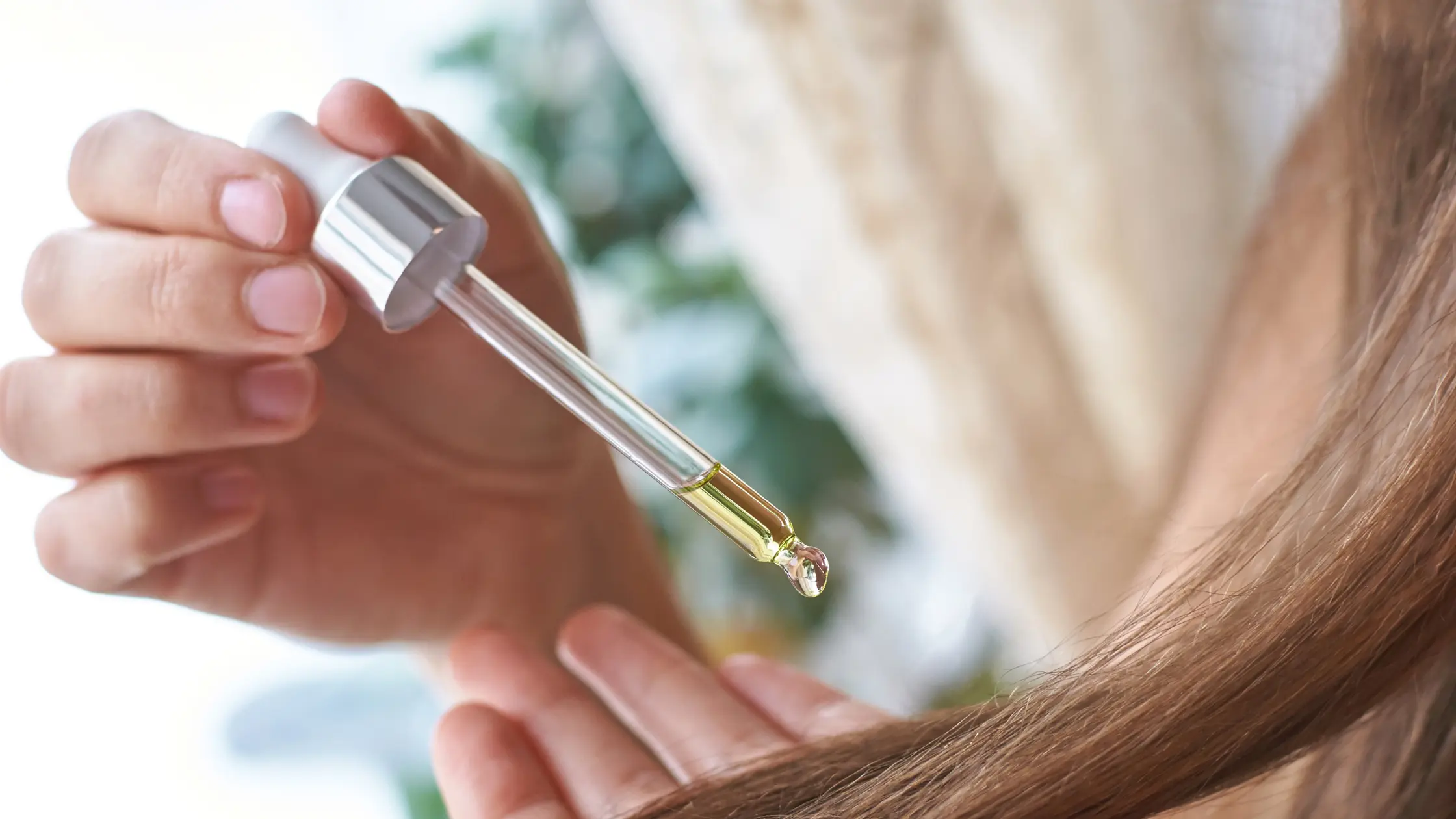Hair transplants have become the go-to solution for those battling hair loss, whether due to genetics, aging, or other factors. With advanced techniques offering natural-looking results, more people are considering this procedure. However, knowing the right to get a hair transplant is just as crucial as deciding to get one.
So, how do you know if it’s the right time to take the plunge? Let’s hear what the experts have to say.
When Should You Consider A Hair Transplant?
If you’re shedding hair faster than your pet in summer, you might be tempted to book a transplant immediately. But experts recommend waiting it out in many cases.
Dr. Alan Bauman, a board-certified hair restoration physician, explains,“It’s important to determine whether the hair loss is stable or progressive before considering a transplant. Performing a transplant too early may mean chasing the ongoing hair loss with additional procedures later on.”
In simple terms: If your hair loss is still progressing, getting a transplant prematurely could mean you’ll lose more hair behind or around the transplanted area, creating an uneven appearance over time.
Ideal Candidates For Hair Transplants
Not everyone experiencing hair thinning is a good candidate for a transplant. According to Dr. Gary Linkov, a facial plastic surgeon specializing in hair restoration,“The ideal candidate has stable, predictable hair loss and enough donor hair to achieve the desired coverage.”
You might be a good candidate if:
- You have genetic male or female pattern baldness (and your hair loss has stabilized).
- You’re over 25 years old, younger patients often have unpredictable hair loss patterns.
- You have sufficient donor hair at the back or sides of your head.
- You’re in good overall health.
When To Wait Before Getting A Hair Transplant?
Patience is a virtue, especially when it comes to hair transplants. Experts recommend holding off in the following situations:
- Early-Stage Hair Loss: If you’ve just started noticing thinning, a transplant might be premature. Instead, consider less invasive treatments like minoxidil, finasteride, or low-level laser therapy (LLLT) to slow down the shedding.
- Unstable Hair Loss: If your hair is still falling out aggressively, transplanting could lead to patchy results later on.
- Medical Conditions: Certain conditions (e.g., alopecia areata or scalp psoriasis) can make transplants ineffective. Treat the underlying cause first.
Hair Transplant Techniques: Which One Is Right For You?
If you’re ready to take the leap, understanding the different techniques will help you make an informed choice.
Follicular Unit Transplantation (FUT)
Also known as strip surgery, this involves removing a thin strip of scalp from the donor area, dividing it into grafts, and implanting them.
Best for: Large areas of thinning hair.
Downside: It can leave a linear scar.
Follicular Unit Extraction (FUE)
This modern technique involves extracting individual hair follicles directly from the donor area and implanting them.
Best for: Smaller areas of hair loss or people who prefer shorter hair.
Upside: No visible scar.
Dr. Marc Dauer, a leading hair transplant surgeon, “FUE is now the preferred method for most patients due to its minimally invasive nature and faster recovery time. However, FUT can still be a better option for those needing larger graft volumes.”
Key Factors To Consider Before A Hair Transplant
Before you schedule your transplant, keep these expert tips in mind:
Try Non-Surgical Treatments First
Experts often recommend exploring medications or hair growth therapies before opting for surgery. Minoxidil and finasteride can slow hair loss and even promote regrowth in some cases.
Consult A Certified Surgeon
Not all hair transplant surgeons are created equal. Choose a board-certified specialist with proven expertise and a track record of successful results.
Be Realistic About Results
Hair transplants don’t create new hair, they simply redistribute what you already have. You might need multiple sessions for fuller coverage.
Understand The Recovery Timeline
After the procedure, you’ll experience temporary shedding of the transplanted hair, this is normal. Full regrowth can take 6 to 12 months.
When Should You Avoid A Hair Transplant?
While hair transplants can work wonders, they’re not a magical fix for everyone. Experts advise against the procedure if:
- You have diffuse thinning (common in women), as donor hair might be too weak.
- You have autoimmune or inflammatory conditions causing hair loss.
- You’re hoping for instant results, transplants require patience.
- You’re in your early 20s with ongoing hair loss.
Expert Takeaway: The Right Time To Get A Hair Transplant Is Key
The right time for a hair transplant varies from person to person. Stability of hair loss, age, and the availability of donor hair play a significant role. Consulting with a qualified hair restoration specialist is the best way to determine whether you’re a candidate.
So, if you’re considering a transplant, don’t rush.
Great hair takes time and so does getting it back.
If you’re unsure whether it’s the right time to get hair transplant, consult with a trichologist or dermatologist first. They can assess the extent of your hair loss and recommend the best course of action.
Over To You
Hair transplants can be a life-changing solution but only if you time it right. Rushing into surgery without considering the long-term implications could leave you with less-than-ideal results. Do your research, consult experts, and be patient. Your hair will thank you later.








